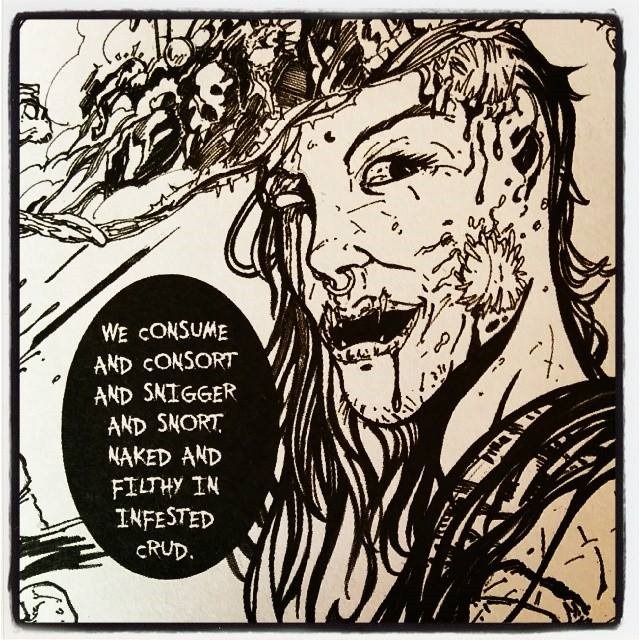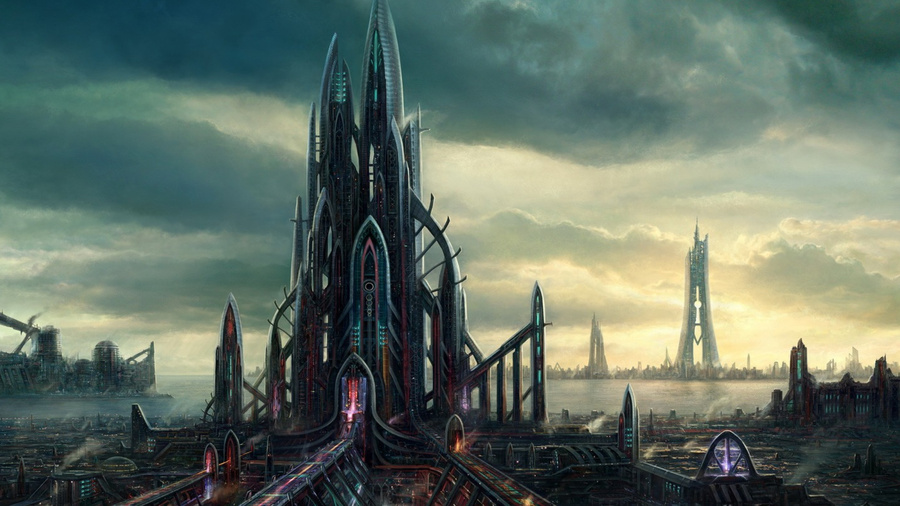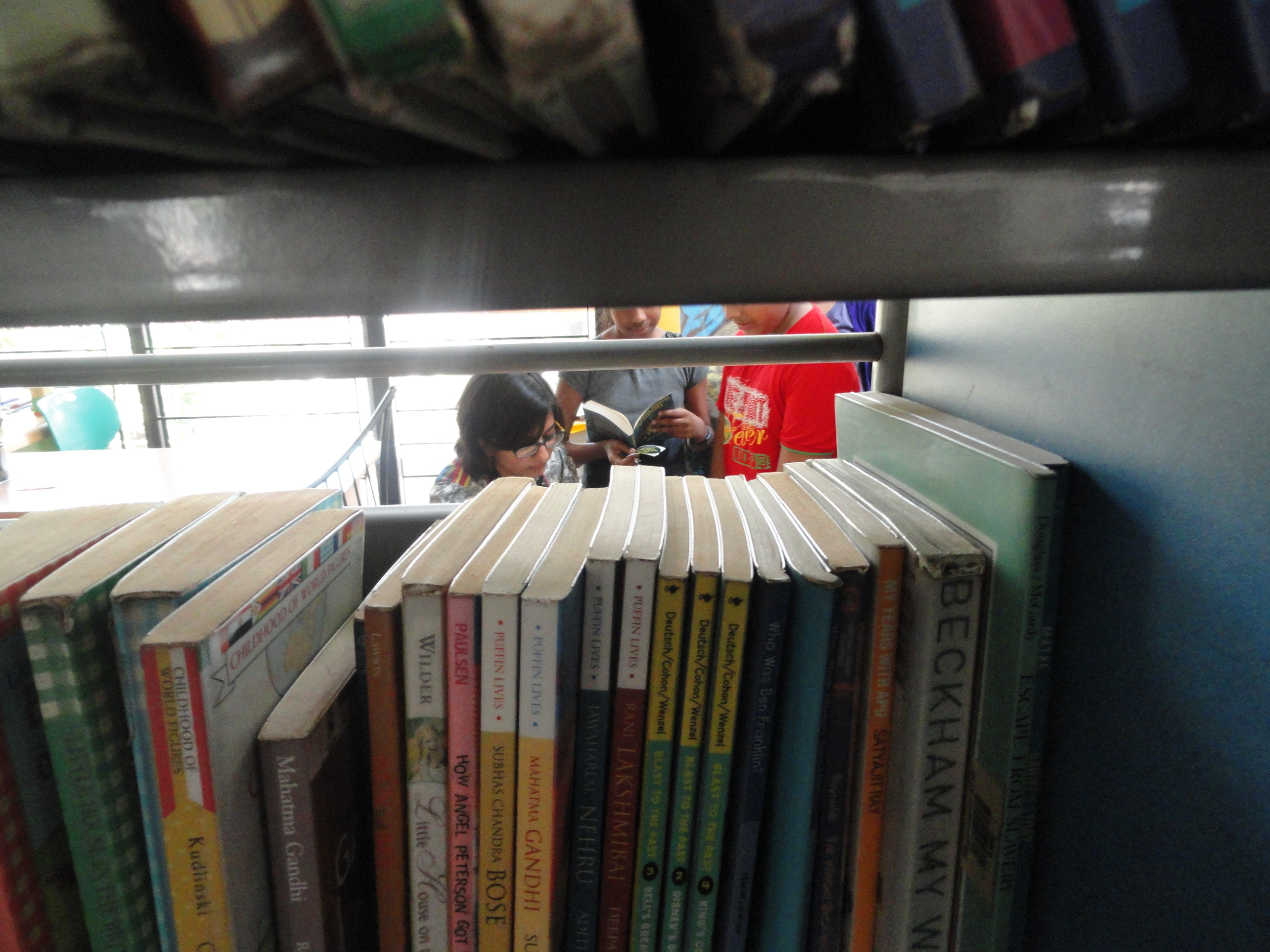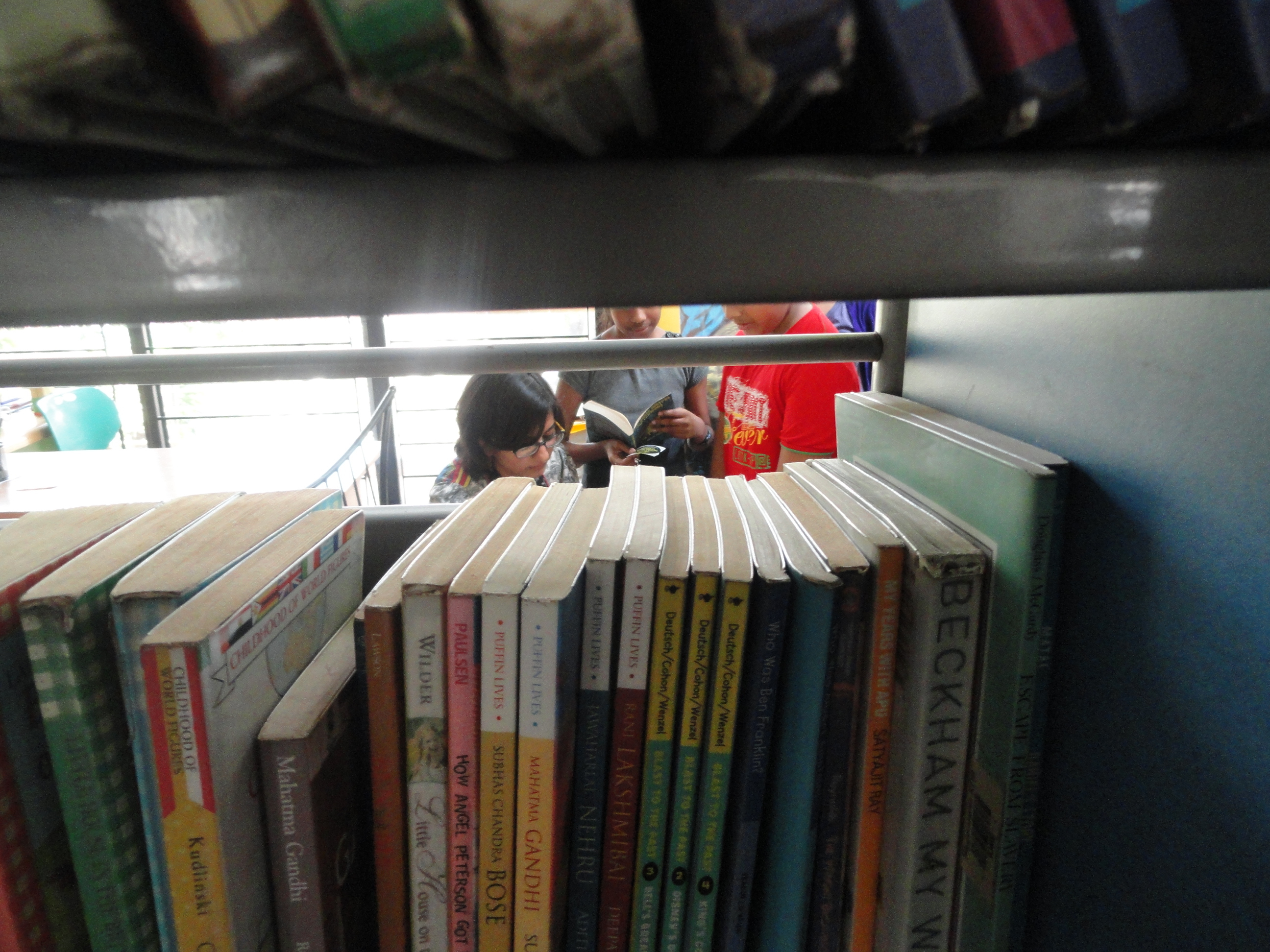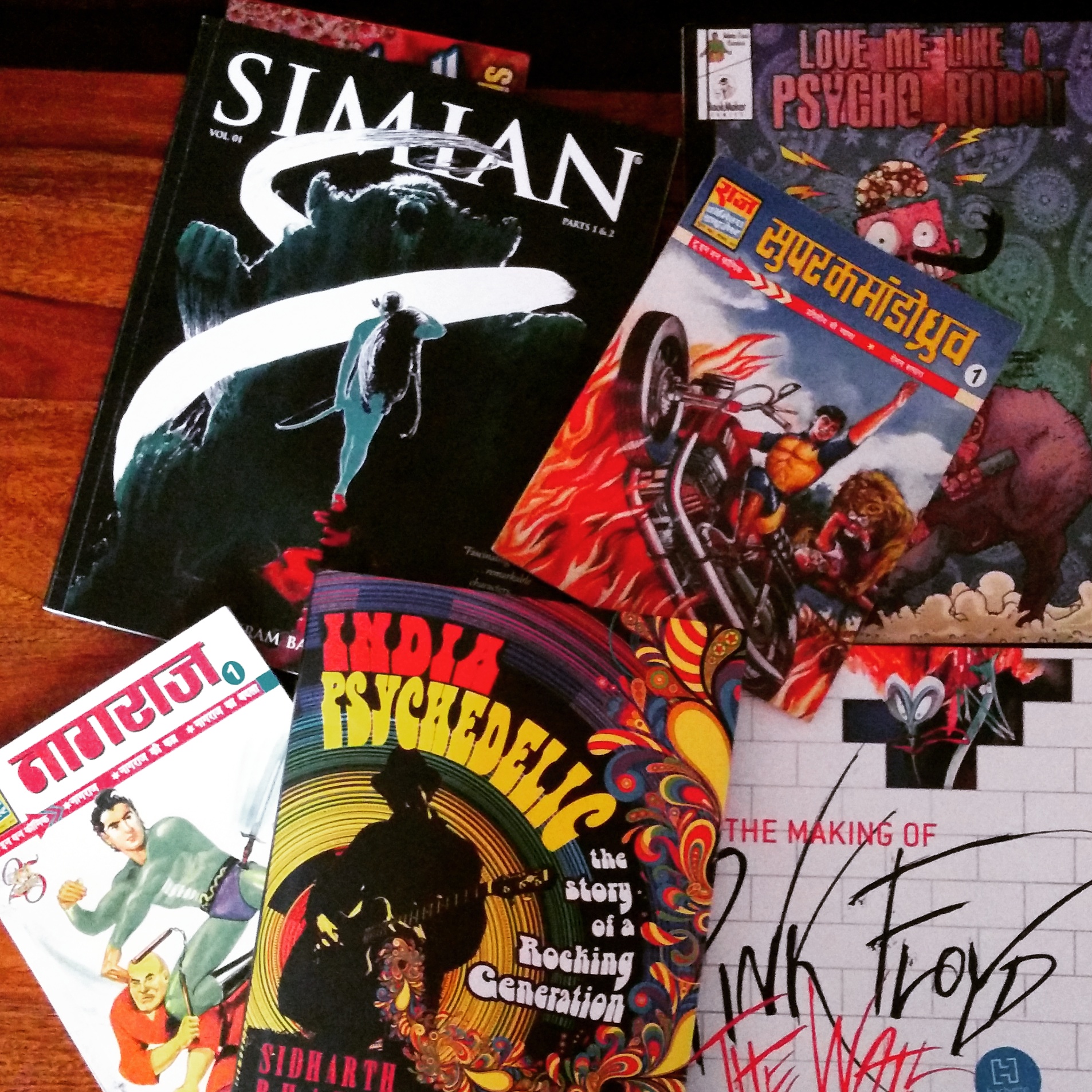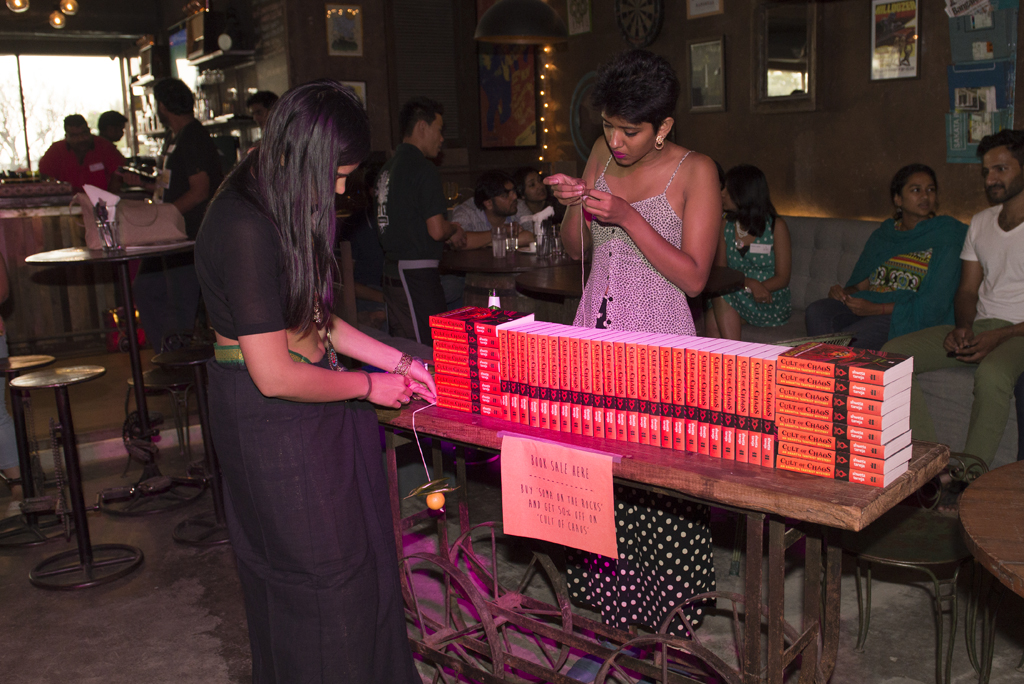Thought should start the new year with something smashing. Here’s a short story by my ever favourite author Isaac Asimov to inspire you (and me) to write some good science fiction this year.
=================================================
The Last Answer by Isaac Asimov — © 1980
Murray Templeton was forty-five years old, in the prime of life, and with all parts of his body in perfect working order except for certain key portions of his coronary arteries, but that was enough.
The pain had come suddenly, had mounted to an unbearable peak, and had then ebbed steadily. He could feel his breath slowing and a kind of gathering peace washing over him.
There is no pleasure like the absence of pain – immediately after pain. Murray felt an almost giddy lightness as though he were lifting in the air and hovering.
He opened his eyes and noted with distant amusement that the others in the room were still agitated. He had been in the laboratory when the pain had struck, quite without warning, and when he had staggered, he had heard surprised outcries from the others before everything vanished into overwhelming agony.
Now, with the pain gone, the others were still hovering, still anxious, still gathered about his fallen body –– Which, he suddenly realised, he was looking down on.
He was down there, sprawled, face contorted. He was up here, at peace and watching.
He thought: Miracle of miracles! The life-after-life nuts were right.
And although that was a humiliating way for an atheistic physicist to die, he felt only the mildest surprise, and no alteration of the peace in which he was immersed.
He thought: There should be some angel – or something – coming for me.
The Earthly scene was fading. Darkness was invading his consciousness and off in a distance, as a last glimmer of sight, there was a figure of light, vaguely human in form, and radiating warmth.
Murray thought: What a joke on me. I’m going to Heaven.
Even as he thought that, the light faded, but the warmth remained. There was no lessening of the peace even though in all the Universe only he remained – and the Voice.
The Voice said, “I have done this so often and yet I still have the capacity to be pleased at success.”
It was in Murray’s mind to say something, but he was not conscious of possessing a mouth, tongue, or vocal chords. Nevertheless, tried to make a sound. He tried, mouthlessly, to hum words or breathe them or just push them out by a contraction of – something.
And they came out. He heard his own voice, quite recognisable, and his own words, infinitely clear.
Murray said, “Is this Heaven?”
The Voice said, “This is no place as you understand place.”
Murray was embarrassed, but the next question had to be asked. “Pardon me if I sound like a jackass. Are you God?”
Without changing intonation or in any way marring the perfection of the sound, the Voice managed to sound amused. “It is strange that I am always asked that in, of course, an infinite number of ways. There is no answer I can give that you would comprehend. I am – which is all that I can say significantly and you may cover that with any word or concept you please.”
Murray said, “And what am I? A soul? Or am I only personified existence too?” He tried not to sound sarcastic, but it seemed to him that he had failed. He thought then, fleetingly, of adding a ‘Your Grace’ or ‘Holy One’ or something to counteract the sarcasm, and could not bring himself to do so even though for the first time in his existence he speculated on the possibility of being punished for his insolence – or sin? – with Hell, and what that might be like. Continue reading “Guest fiction: The Last Answer by Isaac Asimov”



